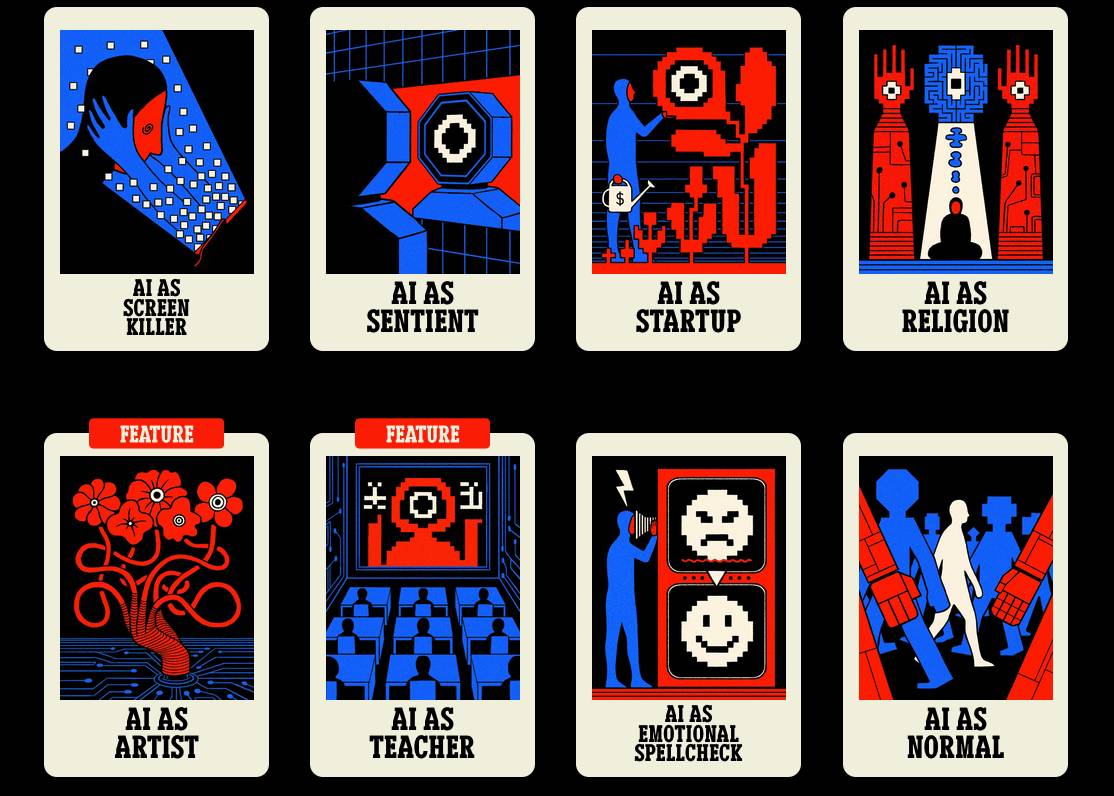
I’ve dabbled a bit with napari – the python-based image viewer – but never needed to use it seriously. I had a real use case so I thought I’d write up the process of how I got going with napari, in case it helps others.

I’ve dabbled a bit with napari – the python-based image viewer – but never needed to use it seriously. I had a real use case so I thought I’d write up the process of how I got going with napari, in case it helps others.

↪ Mentioned recently in a Nature News article . As you may know, a starting grant is a multi-year grant that allows a researcher to set up their own lab. It often includes their own salaries and those of 1-3 PhD students/Postdocs, as well as funds for running costs.
Gemeinsam offen finanzieren - unter diesem Leitgedanken trafen sich Vertreter*innen aus Bibliotheken, Konsortialstellen und Open-Access-Projekten beim Worldcafé auf der Bibliocon 2025 in Bremen. Im Mittelpunkt standen praktische Erfahrungen, Bedarfe und Ideen für die Zukunft konsortialer Open-Access-Modelle. Einleitung Auf dem 9. Bibliothekskongress 2025, der 113.
Whether we embrace it or not, digital technologies and AI are here to stay, and they are fundamentally changing the human world of labour. As new technologies revolutionize the healthcare landscape, these changes are reshaping the lives and work of care workers. In this blog, Sreerekha Sathi shares insights from ... The post From Hands-On to High-Tech: How Dutch Care Workers Navigate Digitalization and Robotization appeared first on Bliss.
Noyam Journals, based in Accra, Ghana, was recently recognised for the completeness of its metadata through the Crossref Metadata Award, part of our 25th anniversary celebrations.
I got to shake Jensen Huang's hand as he received the 2025 Hawking Fellowship this evening at the Cambridge Union! He's a fitting winner for this award; he's not only tech's longest running CEO (33 years!), but also a founding engineer who deeply understands the technology stack. He also bucks the trend among bigtech and famously doesn't believe in firing people, preferring to "torture them into greatness" [1] instead.
por César Cruz Á. A inicios del siglo XX, en México, trabajar en la industria ferroviaria implicó una serie de riesgos, los cuales provocaron golpes y lesiones leves, amputaciones de brazos o piernas y, en casos extremos, la muerte.
Unsere Workshop-Reihe 2025 biegt auf die Zielgerade ein! Das Open Research Office Berlin (angesiedelt an der Universitätsbibliothek der FU Berlin) und die Universitätsbibliothek der TU Berlin laden herzlich ein zum vierten Workshop des Projekts „Recht offen.

The science blog archive Rogue Scholar started the process of becoming a German non-profit organization in 2026. This blog post summarizes the reasoning and the main steps needed to achieve this. Two weeks ago, I published a self-assessment of how Rogue Scholar adheres to the Principles of Open Scholarly Infrastructure (POSI). Major gaps were identified in the areas of governance and sustainability.

WIRED published a special issue with 17 readings from the furthest reaches of the AI age
Anmerkung zu dieser Rubrik: Das Open Research Office Berlin erstellt monatlich eine Übersicht über Termine und Veranstaltungen zu Open Access und Open Research in Berlin bzw. an Berliner Einrichtungen. Der Fokus liegt dabei auf unseren Partnereinrichtungen und auf Veranstaltungen, die sich an die Öffentlichkeit richten bzw.